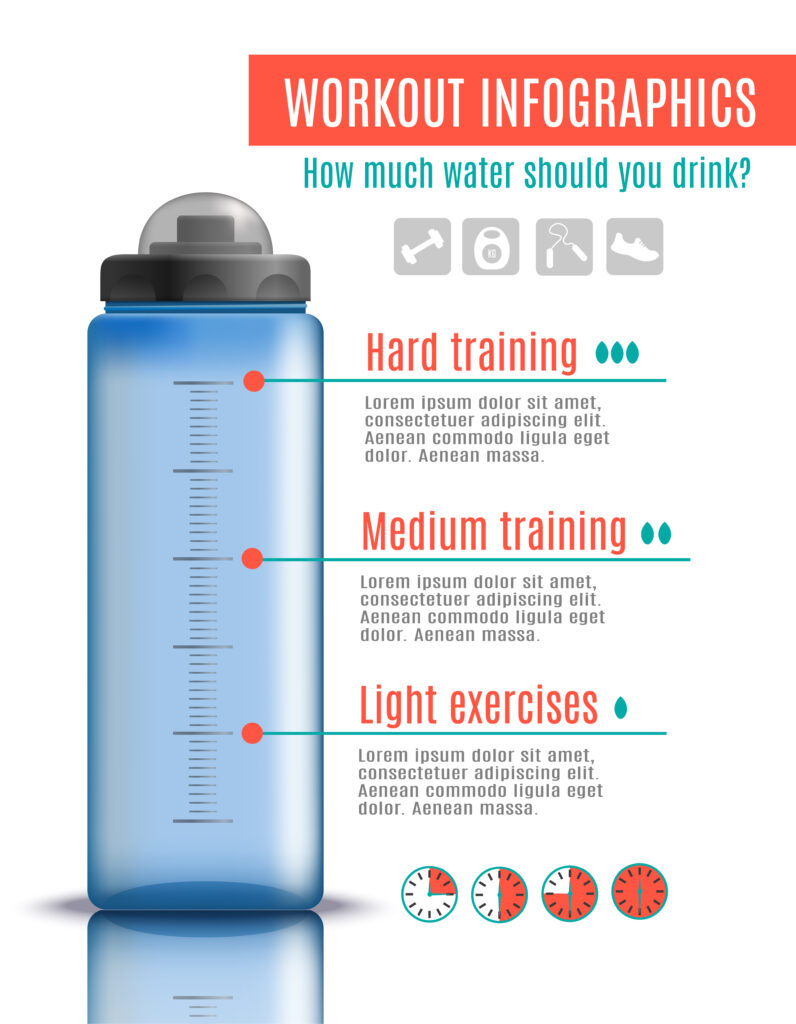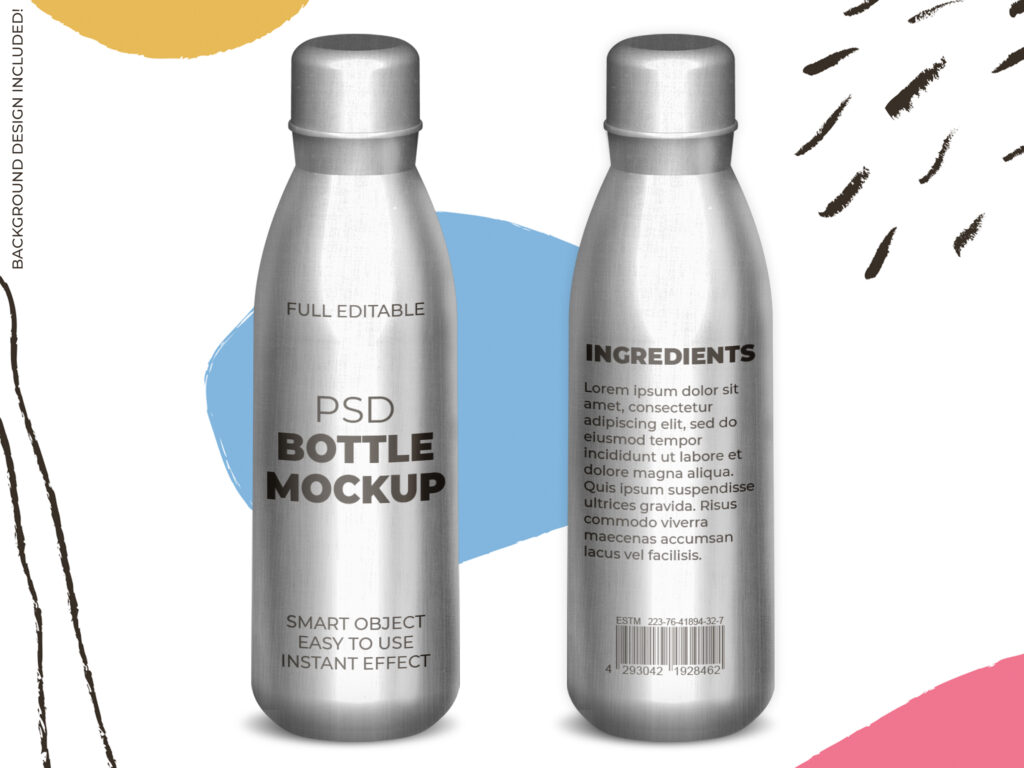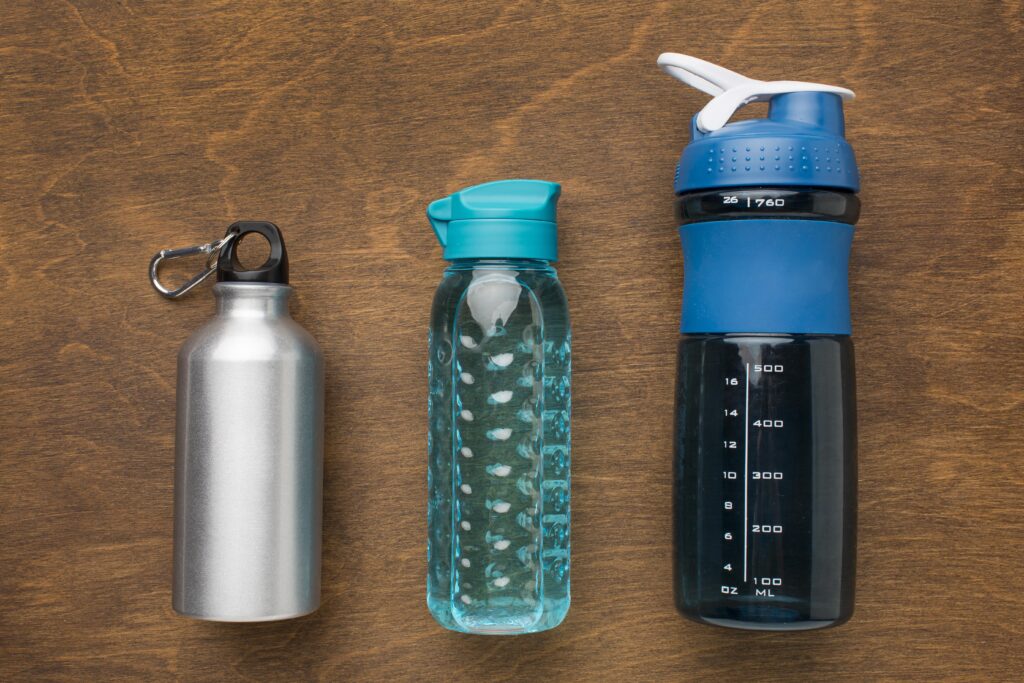
Table of Contents
1. Introduction of Aluminum Water Bottle vs Stainless Steel: Choosing the Right Hydration Companion
Aluminum Water Bottle vs Stainless Steel: Choosing the Right Hydration Companion In the world of reusable water bottles, two materials stand out as popular choices: aluminum and stainless steel. Both have their unique qualities, and choosing between them can be a tough decision. This article aims to provide a comprehensive comparison of aluminum water bottles vs. stainless steel water bottles, exploring their advantages, disadvantages, health considerations, environmental impact, durability, design, and pricing.
2. FAQs
a. What are the advantages of aluminum water bottles?
Aluminum water bottles are known for being lightweight, making them ideal for those on the go. They are also resistant to corrosion, and some bottles come with a protective coating to prevent scratches and dings. Additionally, aluminum bottles are often more affordable than their stainless steel counterparts.
b. What are the benefits of stainless steel water bottles?
Stainless steel water bottles are prized for their durability and resistance to corrosion. They are also known to be better at retaining the temperature of the liquid inside, whether it’s hot or cold. Stainless steel bottles are often chosen for their sleek and modern designs, and they are generally considered a long-term investment due to their longevity. Aluminum Water Bottle vs Stainless Steel: Choosing the Right Hydration Companion
c. Are there any health concerns with aluminum or stainless steel bottles?
The health concerns associated with aluminum bottles typically revolve around potential leaching of the metal into the liquid. Stainless steel, on the other hand, is generally considered safe and does not pose similar leaching risks. It’s essential to choose bottles that are explicitly labeled as food-grade and free from harmful substances.
d. How do aluminum and stainless steel compare in terms of durability?
In comparison, aluminum is lighter and it is not as strong as stainless steel. Aluminum bottles can dent or scratch more easily, especially if dropped. Stainless steel, being a tougher material, tends to withstand rough handling and environmental wear and tear better.
e. What factors should be considered when choosing between aluminum and stainless steel?
Factors to consider include your lifestyle, budget, preferences in design, and how you plan to use the bottle. If you’re often on the move and prioritize lightweight options, aluminum might be a better fit. If durability and temperature retention are top priorities, stainless steel could be the preferred choice. Aluminum Water Bottle vs Stainless Steel: Choosing the Right Hydration Companion
3. Pros and Cons of Aluminum Water Bottles
a. Advantages
Aluminum Water Bottle vs Stainless Steel: Choosing the Right Hydration Companion Lightweight: Aluminum is inherently lighter than stainless steel, making it convenient for travel and outdoor activities.
Affordable: Aluminum water bottles are generally more budget-friendly than stainless steel options.
Corrosion-resistant: Aluminum naturally resists corrosion, ensuring the longevity of the bottle.
b. Disadvantages
Prone to dents and scratches: Aluminum bottles are more susceptible to dents and scratches compared to stainless steel. Aluminum Water Bottle vs Stainless Steel: Choosing the Right Hydration Companion
Temperature retention: Aluminum may not retain the temperature of the liquid as effectively as stainless steel.

4. Pros and Cons of Stainless Steel Water Bottles
a. Advantages
Durable: Stainless steel is known for its durability, making these bottles resistant to dents and scratches.
Temperature retention: Stainless steel excels at retaining the temperature of the liquid, keeping it hot or cold for extended periods.
Sleek design: Stainless steel water bottles often boast modern and stylish designs.
b. Disadvantages
Aluminum Water Bottle vs Stainless Steel: Choosing the Right Hydration Companion Heavier: Stainless steel is heavier than aluminum, making the bottles less ideal for those seeking lightweight options.
Price: Stainless steel water bottles tend to be more expensive than their aluminum counterparts.
5. Health Considerations
a. Aluminum
Concerns about the health effects of aluminum revolve around the possibility of the metal leaching into the liquid. To mitigate this risk, choose aluminum bottles that are explicitly labeled as food-grade and free from harmful substances. It’s also advisable to avoid using aluminum bottles for acidic liquids, as this may increase the likelihood of leaching.
b. Stainless Steel
Stainless steel is considered good for keeping most food and water safe. It is a non-reactive material, and high-quality stainless steel bottles are often made from food-grade stainless steel, minimizing the risk of contaminants. However, always check the manufacturer’s specifications to ensure the bottle meets safety standards.
6. Environmental Impact
Both aluminum and stainless steel are recyclable materials, contributing to their eco-friendly credentials. However, aluminum has a slight edge in this regard, as it is one of the most recycled materials globally. The recycling process for aluminum requires less energy compared to stainless steel, making it a more environmentally friendly option. Aluminum Water Bottle vs Stainless Steel: Choosing the Right Hydration Companion
7. Durability and Longevity
Aluminum Water Bottle vs Stainless Steel: Choosing the Right Hydration Companion In the battle of durability, stainless steel emerges as the winner. Stainless steel water bottles are less prone to dents and scratches, making them suitable for rough handling and outdoor activities. While aluminum bottles can last a long time with proper care, they may show signs of wear and tear sooner than their stainless steel counterparts.
8. Design and Style
Aluminum Water Bottle vs Stainless Steel: Choosing the Right Hydration Companion Design preferences can play a significant role in choosing between aluminum and stainless steel water bottles. Stainless steel bottles often come in sleek and modern designs, appealing to those who prioritize aesthetics. On the other hand, aluminum bottles may have a more casual and lightweight appearance, catering to those who value simplicity.

9. Price Comparison
Aluminum Water Bottle vs Stainless Steel: Choosing the Right Hydration Companion Budget considerations can influence the choice between aluminum and stainless steel. Aluminum water bottles are generally more affordable, making them an attractive option for cost-conscious consumers. Stainless steel bottles, while pricier, are often viewed as a long-term investment due to their durability and longevity.
10. Conclusion
Aluminum Water Bottle vs Stainless Steel: Choosing the Right Hydration Companion Choosing between an aluminum water bottle and a stainless steel water bottle ultimately depends on your individual preferences, priorities, and lifestyle. If you prioritize lightweight and budget-friendly options and are willing to trade off some durability, aluminum may be the right choice for you. However, if durability, temperature retention, and a sleek design are your priorities, then investing in a stainless steel water bottle might be the better option.
Aluminum Water Bottle vs Stainless Steel: Choosing the Right Hydration Companion Consider factors such as health concerns, environmental impact, and design preferences when making your decision. Both aluminum and stainless steel have their merits, and the ideal choice will align with your specific needs. Whether you’re a frequent traveler, outdoor enthusiast, or simply looking for a reliable daily hydration companion, understanding the pros and cons of aluminum and stainless steel water bottles will empower you to make an informed decision that suits your lifestyle and values.
